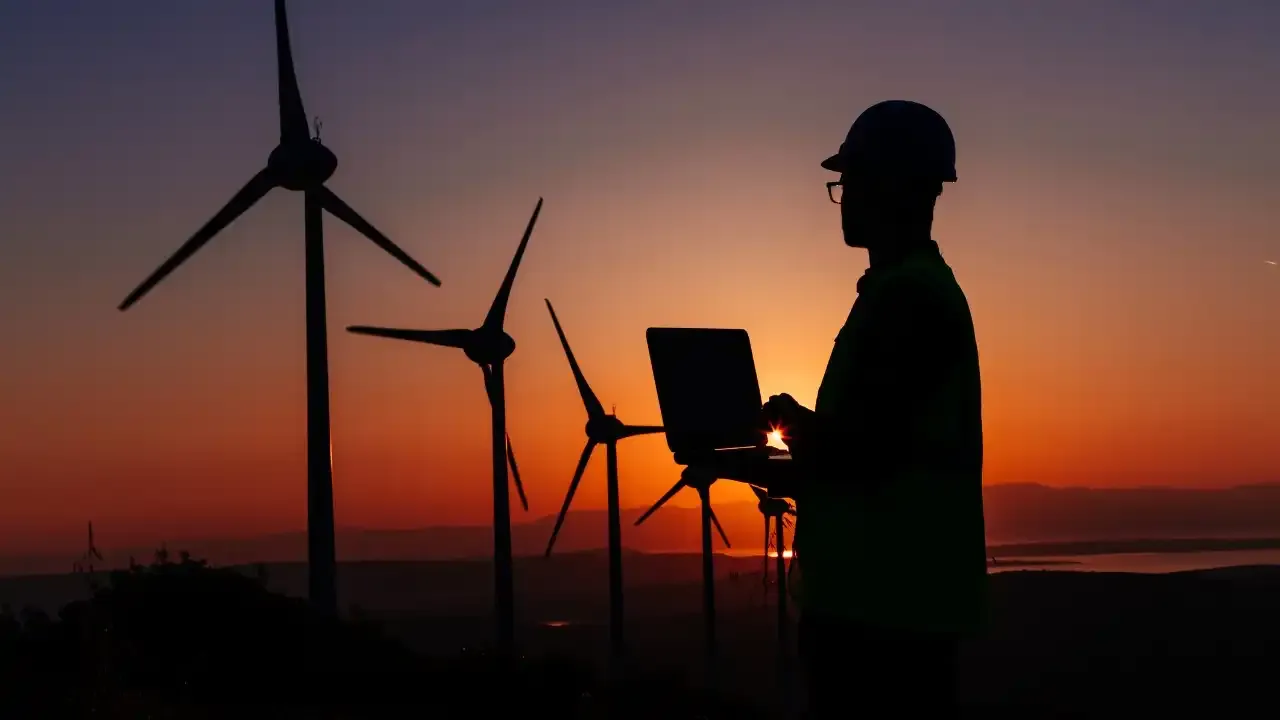With 39% of the world's potential for renewable energy, Africa is a shining example of unrealized potential in this field. For foreign corporations and developers looking to match their plans with the commitments of COP28 and diversify their portfolios, this enormous potential offers an alluring opportunity. In addition to providing profitable opportunities, the continent's green energy industry is critical to achieving goals related to climate diplomacy and global energy security.
Africa is seen by the Middle East, especially the Gulf states, as a vital ally in their quest to become market leaders in renewable energy. In addition to the obvious economic benefits, this partnership enables Gulf countries to use their technical know-how and achieve significant returns on investment. The African continent is about to realize its potential for renewable energy, with the African Development Bank estimating astounding numbers for solar, hydroelectric, and geothermal energy. That being said, with just under 59 GW of installed renewable capacity in 2022, this barely touched the tip of the iceberg.
This unrealized potential will be explored during the next Invest in African Energy (IAE) meeting, which is set for May 14–15, 2024, in Paris. In order to advance the continent's goals for renewable energy and strengthen relationships in the areas of energy security and climate diplomacy, the event seeks to bring together key stakeholders in the energy sector from the Middle East, North Africa (MENA), Europe, and Africa.
The United Arab Emirates (UAE) has become one of the major players in the African green energy market. In September of last year, AMEA Power, a UAE-based company, revealed grand ambitions to utilize the electricity from geothermal plants already in place for a 1 GW green hydrogen project in Kenya. Agreements to build solar, wind, and geothermal projects in Ethiopia, Djibouti, and Uganda, respectively, supplemented this. Notably, Masdar of the United Arab Emirates has played a key role by signing deals for renewable projects in Uganda and Angola, indicating a determination to build significant renewable power in these countries.
The joint venture Infinity Power, which comprises Masdar and Infinity of Egypt, has bought a substantial portion of Lekela generating, a prominent independent power producer possessing vast wind generating assets throughout Africa. This action is in line with Masdar's strategic objective of increasing its renewable energy presence across the continent.
With the introduction of the Etihad 7 program this year, the UAE has demonstrated its commitment to providing millions of Africans with sustainable energy by 2035. A $4.5 billion commitment was made by Sultan Ahmed al-Jaber, the CEO of Masdar and the Abu Dhabi National Oil Company and the COP28 President-elect, to assist African countries in their green transition.
Other Gulf countries, such as Saudi Arabia and Qatar, have expressed interest in quickening project developments and promoting sustainable economic growth throughout the continent, while the UAE leads the way in renewable energy investments in Africa. Connecting Gulf energy firms with African resources is made easier with the help of the Invest in African Energy 2024 meeting.
This Parisian event represents a strategic convergence of Middle Eastern and European energy interests, promoting collaborations that open up new green energy funding sources and advance global sustainability. By using Africa's abundant renewable resources, investors present at the summit can interact with possibilities for clean energy technologies and infrastructure.
